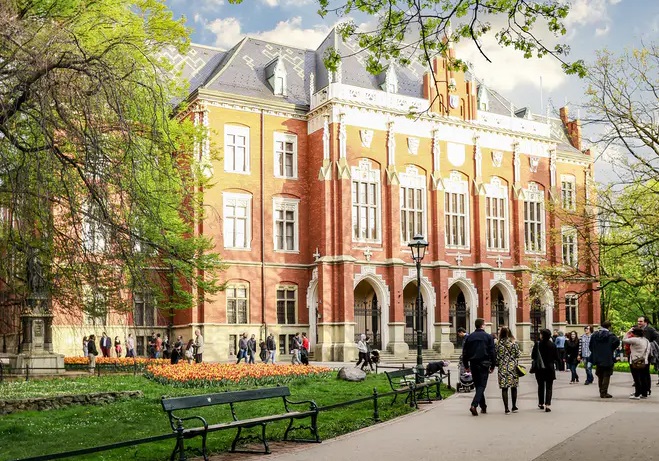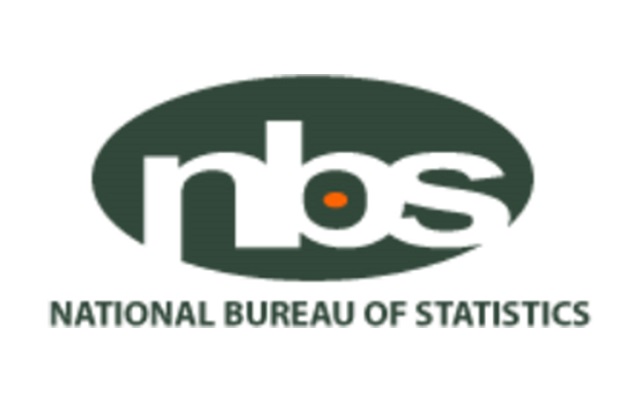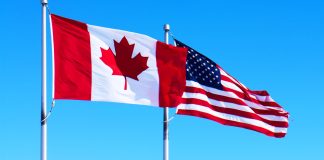Nigerian households received an average of N84,741 as remittances between 2018 and 2019, according to the National Bureau of Statistics (NBS).
The average value of domestic remittance stood at N62,492 compared to international remittance, which stood at N22,248.
Also, on the average, both the urban and rural communities received N104,726 and N71,975 respectively in remittances, according to the Nigeria Living Standards Survey (NLSS) (2018/2019) released wednesday by the statistical agency in collaboration with the World Bank.
Remittances from relatives topped the medium of receipt from foreign and domestic sources during the review period.
While 52.7 per cent of households received remittances from the domestic medium, only 5.7 per cent received from international sources.
The main purposes of cash remittances were identified as consumption, payment of school fees, hospital bills, agricultural inputs and others.
About 54.0 per cent of households reported receiving remittances in the country. Of this number, 52.7 per cent received remittance from someone in Nigeria while 5.7 per cent got remittances from abroad, the report added.
Kebbi State recorded the largest share of household-remittance-recipients with 81.4 per cent while Sokoto had the lowest number of only 5.6 per cent.
Over 80 per cent of households who received remittance reported using the transfers for consumption purposes, the NBS noted.
On employment, the statistical agency noted that more than 52 per cent of total of the population is of working age- between 15 and 64 years. Lagos has the highest share of the working population with 62.2 per cent compared to Jigawa with the lowest share at 44.1 per cent.
The NLSS 2018-19 report represents the first large-scale household survey in a decade, focusing on measuring living conditions of the population.
The survey seeks to provide critical information for the production of a wide-range of socio-economic and demographic indicators, including for benchmarking and monitoring of Sustainable Development Goals (SDGs); monitor progress in the population’s welfare and provide statistical evidence and measure the impact on households of current and anticipated government policies.
According to the NBS, the report could also be utilised to improve other non-survey statistical information, especially to determine and calibrate the contribution of final consumption expenditures of households to Gross Domestic Product (GDP) as well update the weights and determine the basket for the national Consumer Price Index (CPI) and to improve the methodology and dissemination of micro-economic and welfare statistics in the country.
Nonetheless, the report put the average household size, dependency ratio and share of female-headed households in the country at 5.06 per cent, 0.97 per cent and 18.8 per cent respectively.
On education, the survey among other things revealed that in Lagos State, 31.6 per cent of males and 23.9 per cent of females have tertiary education, compared to Zamfara where only 3.9 per cent of men and less than a per cent of women obtained tertiary degree.
It stated that about 14.3 per cent of the population above five years of age has never attended school, adding that the number is higher in rural areas with 18.9 per cent as compared to urban areas at 6.3 per cent.
According to the report: “Among the primary reasons of never attending the school, the reluctance and lack of interest on the parent’s part dominate the list of answers, as reported by 43.0 and 56.8 per cent of male and female respondents respectively.
“In Nigeria, 30 and 22 per cent of males and females above 25 years of age report having seniors secondary level of education as the highest educational qualification. Only 16 per cent of males and 8 per cent of females report having tertiary level of education.”
On health, the survey identified malaria as a major reason for health problems in the country as more than half- 51.7 per cent of those who reported health issues mentioned malaria as a top health concern.
In Zamfara, 65.4 per cent of those who reported sickness, suffer from malaria, while in Bauchi only 30.8 per cent reported the same issue, the report stated.
It noted that the majority of ill people visited a chemist in search of medical treatment, 36.6 per cent of men and 35.5 per cent of women.
The survey said the share of hospitalisation is highest in Delta State, where 26.6 per cent of males and 24.9 per cent of females were hospitalised while the lowest rate is in Zamfara with less than 1 per cent of population admitted to the hospital in the last 12 months.
Furthermore, about half of the population or 49.9 per cent and 52.4 per cent of males and females use insecticide-treated mosquito bed-net.
The report stated that in Jigawa State 97.6 per cent of men and 98.5 per cent of females report sleeping under bed-net- the highest incidence of net use while in Lagos 12.4 per cent and 14.4 per cent of males and females respectively report using the mosquito net.
The NBS, however, cautioned that improvements in questionnaire design and survey implementation techniques had produced overall high-quality data.
As a result, it said: “As is often the case, making such improvements and achieving high standards in survey implementation often comes at the expense of comparability with past survey rounds.
“Recognising the benefits that come with a better survey infrastructure, a deliberate decision was made to use the NLSS 2018-19 as a new and improved the baseline for Nigeria’s living standards survey system.”
Source: THISDAY












